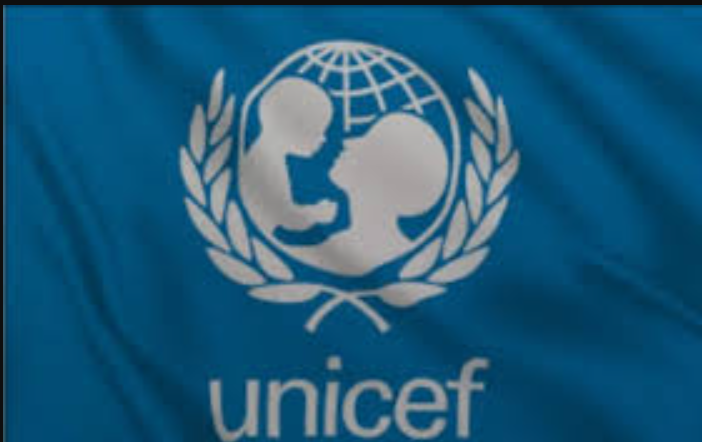Katsina, Nigeria – The United Nations Children’s Fund (UNICEF) has issued a powerful call to the Katsina State Government, urging it to allocate specific budgets for children’s health, education, and nutrition to combat the deepening crisis affecting its youngest citizens.
Speaking at a media dialogue on child-sensitive budgeting and planning held at the Federal Teaching Hospital, Katsina, Mr. Rahama Farah, Chief of UNICEF Field Office, Kano, stressed the urgent need for targeted investment in child welfare.
Farah warned that the absence of child-specific budgeting has made it difficult to track expenditures and hold stakeholders accountable, despite the rising vulnerability of children in the state. He revealed that the state’s approved social sector budget has dramatically declined from 38.57% in 2016 to just 12.98% in 2020.
“This trend is deeply concerning,” Farah said. “Today, 75.5% of children in Katsina are multidimensionally poor. They lack access to vital services such as healthcare, education, and proper nutrition. This is not just a humanitarian concern—it is a threat to the state’s future development.”
According to UNICEF data, one in six children in Katsina dies before reaching their fifth birthday, and only 41% are fully immunised. Over 33% of primary-school-aged children are out of school, while more than half of children under five are stunted due to chronic malnutrition.
“Only 23.4% of children aged 6 to 23 months receive the minimum acceptable diet,” Farah added. “This has far-reaching implications for brain development, learning capacity, and overall productivity later in life.”
In addition, 61.2% of children live in monetary poverty, severely limiting the ability of families to meet basic needs. Without protection and support, Farah warned, children are more susceptible to exploitation, violence, and even recruitment by criminal elements.
UNICEF called on the Katsina State Government to adopt child-sensitive budgeting practices that directly address these alarming social indicators. Farah underscored that children make up more than half of the state’s population.
“Investing in children is not charity—it is the most strategic and impactful investment Katsina can make,” he stated. “A prosperous future begins with protecting and empowering the next generation.”
The media dialogue forms part of UNICEF’s ongoing efforts to partner with stakeholders to ensure children are not just included in development plans but are placed at the heart of policy decisions and financial allocations.

